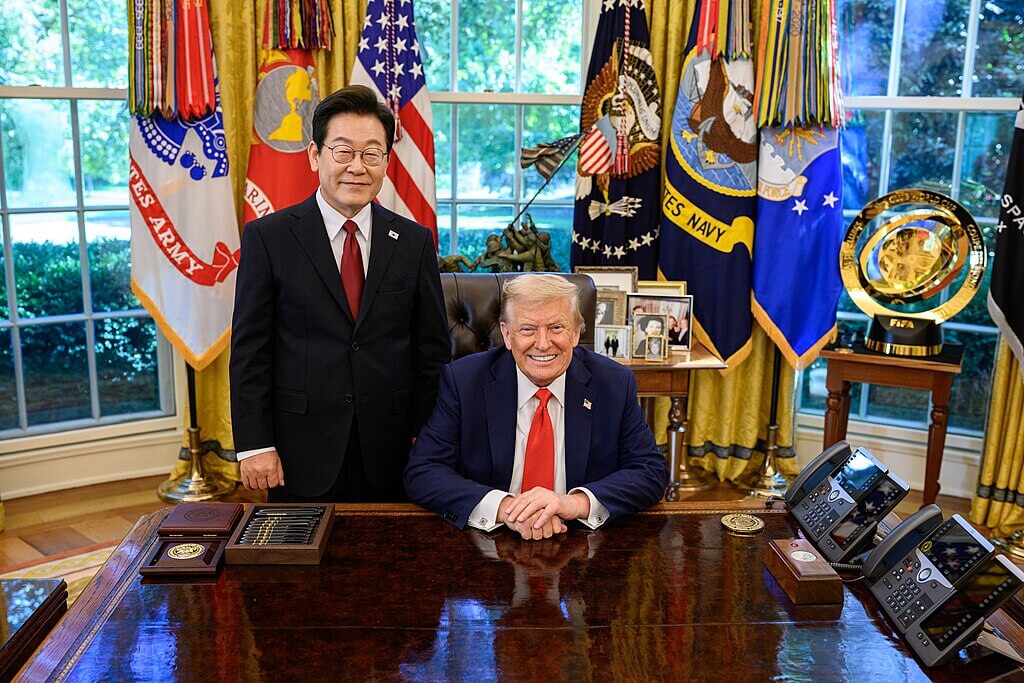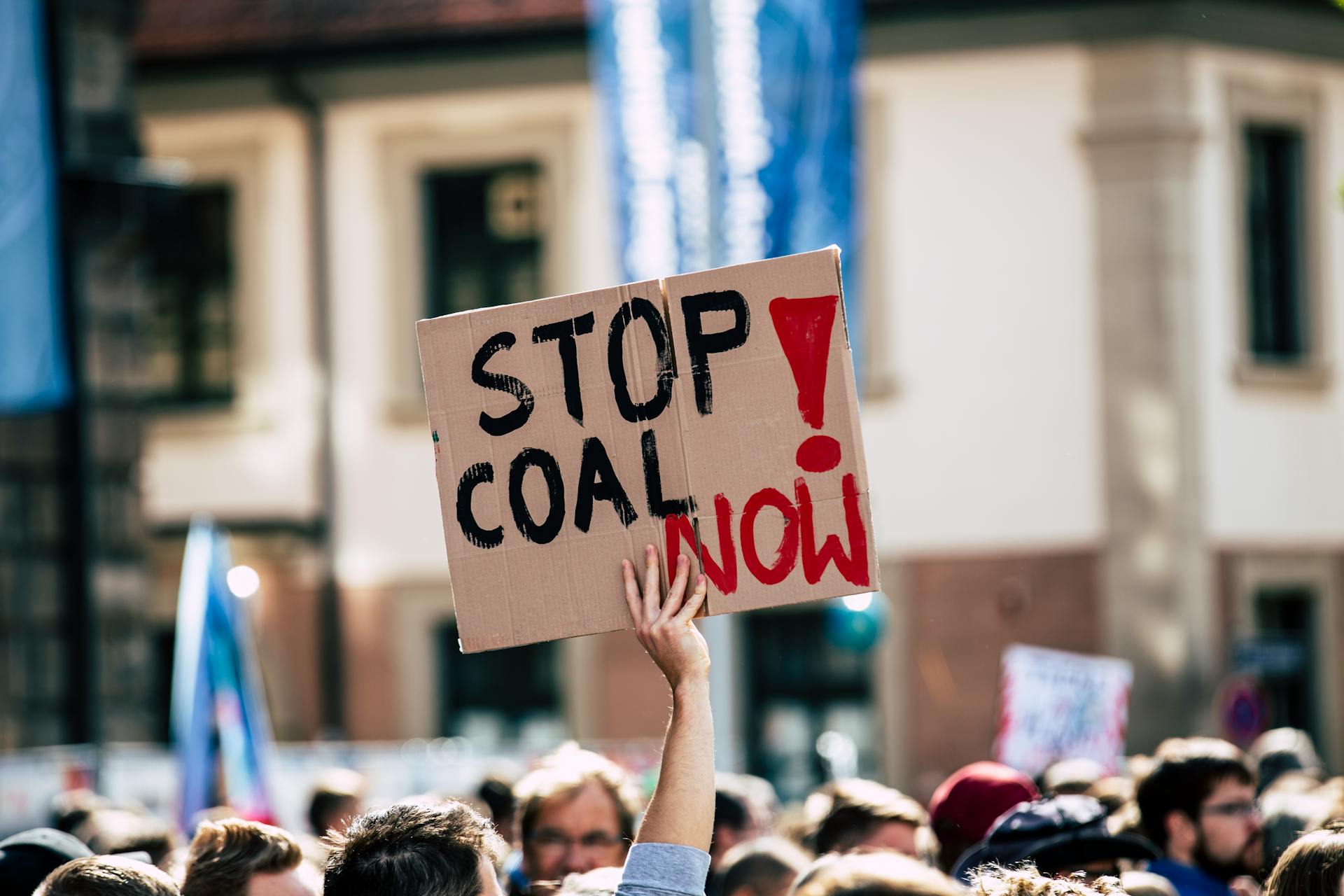Putin announced on March 23 that a list of “unfriendly countries” will be required to pay off existing gas supply agreements in rubles. A different set of deals currently regulates Russian gas provision, all administered through western currencies (58% in euros, 39% in US dollars and 3% in sterling).
Impakter already analyzed how crucial the energy frontline is in the Russo Ukrainian war: EU countries like Italy, Germany or France depend on Russian gas for around half of their usage, while others like Bulgaria or Austria reach up to 100% dependency. Despite this, oil and gas provision is a double-edged sword for Russia, as it constitutes 60% of its exports and 30% of its GDP: Losing this kind of revenue would compromise the country’s financial health and ability to carry on the war.
The problem is that even if selling fossil fuels remains the backbone of the Russian economy, the recent wave of sanctions has reduced the sector’s relevance for Putin. Such a measure is part of the western strategy aimed at forcing Putin to cave in and withdraw his troops to save his country from economic collapse.
Indeed, as the ruble continues to lose value against other currencies, deals made in foreign currencies become less profitable to Russia. As we have seen, this comprises all fossil fuels transactions.
As each day of sanctions passes and the Russian economic conditions worsen, Putin has less and less to lose in withdrawing gas supply to the west. Putin can freeze and leave the whole of Bulgaria, most of Austria and half of Germany, France and Italy in the dark.
Therefore, the most crucial battle that will determine the war’s outcome between Russia and Ukraine will be played in think tanks, conference rooms and cabinets, not on the battlefields. A battle carried out with pens, policy provisions and economic alliances, not with rifles or grenades. A policy confrontation on who has the steadier nerves and the strongest resolve.
A game of energy and economic resilience
Putin gave a week for “unfriendly countries” to arrange the shift in payments. As many experts like Francesco Giavazzi (economic advisor to Italy’s prime minister Mario Draghi) have warned, accepting the currency change will lessen the burden of sanctions for Putin and sustain his military assault on Ukraine.
The West has a week to decide if Putin’s implicit threat to hold gas supply is credible and if it can afford to lose Russian supply. Here is what some of the main actors involved are planning:
Bulgaria
Impakter analyzed the current strategy of Bulgaria to reduce its dependence on Russian gas, which mainly revolves around obtaining gas supplies from Azerbaijan through a new pipeline passing through Greece. The problem is this pipeline still has to be built and that takes several years, and Russia could at any time intervene to hinder the plan.
Italy
Italy enacted a law decree to reduce the price of fuels for consumers to counter the economic consequences of the Russian invasion. From March 22nd, the government reduced excise taxes to 30 cents per liter for fuel and diesel and around 6 cents per liter for Liquefied Petroleum Gas (LPG). This measure was announced on March 18th, after the price per liter of fuel exceeded 2 euros per liter.
Even if effective, this is just a prophylactic measure, as the cost of fuels will likely continue to increase. Moreover, reducing revenues from taxes for a sustained period could lead to backlashes in other sectors of the economy.
France
France officials seem to have read our analysis on how renewable energies could become the greatest weapon to confront Putin. France recently announced that government subsidies for new residential gas heaters would end. In contrast, grants for renewable energy heating will increase.
This move is part of a much broader energetic “resilience plan” to reduce dependency on Russian gas. While being precisely what the country needs to enhance national security and help fight climate change, the plan risks being too sluggish in taking effect: France estimates that the government will still need imports of Russian gas until 2027.
Germany
German Chancellor Olaf Scholz has already refused to change the currency of the gas deals. Moreover, Officials report that Germany has reached an agreement with Qatar to structure a long-term energy partnership. The move is clearly geared toward reducing the energetic dependence on Russian fuels. Details on the terms of the agreement still have to be disclosed, but Al Jazeera considers the deal to be “clinched”. The contract should be structured mainly on Liquefied Natural Gas (LNG) supply.
This provision, among all recent measures enacted by the leading western powers, seems the most promising, but will it be able to substitute Russian imports in less than a week?
Related Articles: EU to Cut Reliance on Russian Gas With New Plan
The energy frontline and what is at stake
The answer is probably no, and it remains negative for all other measures and other countries depending on Russia for their energy usage.
For any country involved, refraining from reducing the energetic dependence with Russia is madness, but believing not to be affected by a potential stop of its gas exports is naiveness.
Moreover, claims like that of Italy’s Prime Minister Mario Draghi and other EU leaders, underlining that a currency change in the gas exports agreements would be illegal and cannot, therefore, be enforced by Russia, seem to underestimate Russia’s disregard for international law.
No one seriously believed Russia would invade Ukraine in full force and blatantly attack civilians the day before it did, and yet this is exactly what happened. Until a true enforcement mechanism will be put in place in international fora, countries will remain able to engage in any action they want, the only impediment being the threat of retaliation from the international community.
All will boil down to a series of interconnected decisions taken by the parties involved starting from the West – with Putin retaining the final word.
Countries make decisions through their leaders, and leaders make decisions based in part on their personal conscience, filtered by constitutional rules and expert advice, in part keeping an eye on retaining their grip on power.
Authoritarian regimes like Russia, which base internal consent to its policies on the threat of violence, can mobilize the population to bear economic struggle in a much easier way than a democracy can: Would western leaders be able to convince their electorate to endure surges in energy prices and to restrain its use for many months with similar results to that of Russia on its population?
The prospects for the West appear dim, and not only figuratively, as the most powerful weapon Putin has at its disposal is not his collection of tanks, his set of jets or the nuclear warheads stocked throughout his country: The ace up his sleeve is a steel pipeline stretching for more than a thousand kilometers from Russia to Europe.
Russia has its forefinger on a switch that could bring half of Europe back to the neolithic. Fortunately for the West, it works two ways: Russia needs to sell its gas and oil to survive and it too will find it difficult to find new clients to substitute for Europe.
Even a bold dictator like Putin will find it difficult to press it.
Editor’s Note: The opinions expressed here by Impakter.com columnists are their own, not those of Impakter.com — In the Featured Photo: A gas pipeline protest in Berlin. Featured Photo Credit: Leonhard Lenz.














